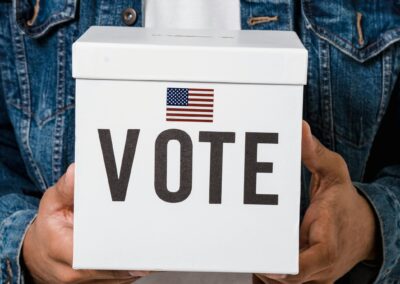In federal and state legislative sessions and local town council meetings there is a common selling point for any new spending. New taxes and regulations are often sold as tools to “improve society,” “protect consumers,” or “level the playing field.” But beneath the glossy rhetoric lies a deeper, more troubling reality: each new mandate chips away at personal liberty, shrinks individual responsibility, and consolidates power in the hands of bureaucracies. The truth is simple but unpopular—freedom and government control are inversely related.
Taxation is the most direct way governments reduce individual freedom. Every dollar a governmental body takes is a dollar we can’t spend, save, or invest in accordance with our own values and judgment. We are compelled to trust the “administration” to manage our future better than we can ourselves.
Then there are the regulations. These rules made by elected officials tend to masquerade as protections, but function more like control mechanisms. Occupational licensing laws, for instance, are supposed to ensure quality and safety. But if you want to braid hair or open a food truck, you’ll likely find prohibitive fees, requirements and licenses that take away the freedom to pursue your dream. This is especially true for those in the community who are just starting out. Regulations aren’t always safeguards—they’re often shackles.
Government “welfare” programs may be well-intentioned to assist the needy, but they often indoctrinate dependency, although not always. Dependence on the government for food, housing, medical needs and more traps families in cycles of poverty, removing both the dignity of work and the incentive to seek independence. What starts as compassion can easily curdle into control.
There are better paths—alternatives rooted in voluntary cooperation and community empowerment and involvement.
Wealthy individuals and businesses, if freed from burdensome taxes and regulations, are far more capable of community building than the powerful elected who can confiscate funds as they deem necessary in the name of ‘community improvement’.
Private foundations, faith-based organizations, and local philanthropists have long proven effective at funding schools, clinics, shelters, and scholarships without the inefficiency or political baggage of government programs.
Where the government builds dependency, private charity fosters dignity, responsibility, and partnership.
In the end, the measure of a society is not how much its government promises to do for its citizens, but how much it allows its citizens to do for themselves—and for each other.
_____________________________________
Visit our Facebook page at FB.com/rockcountyfirst.
INTERESTED IN PLANTING A SEED? If you need some guidance on where to start your journey of running for local office, RCF is here to help! We have resource information and materials HERE.


